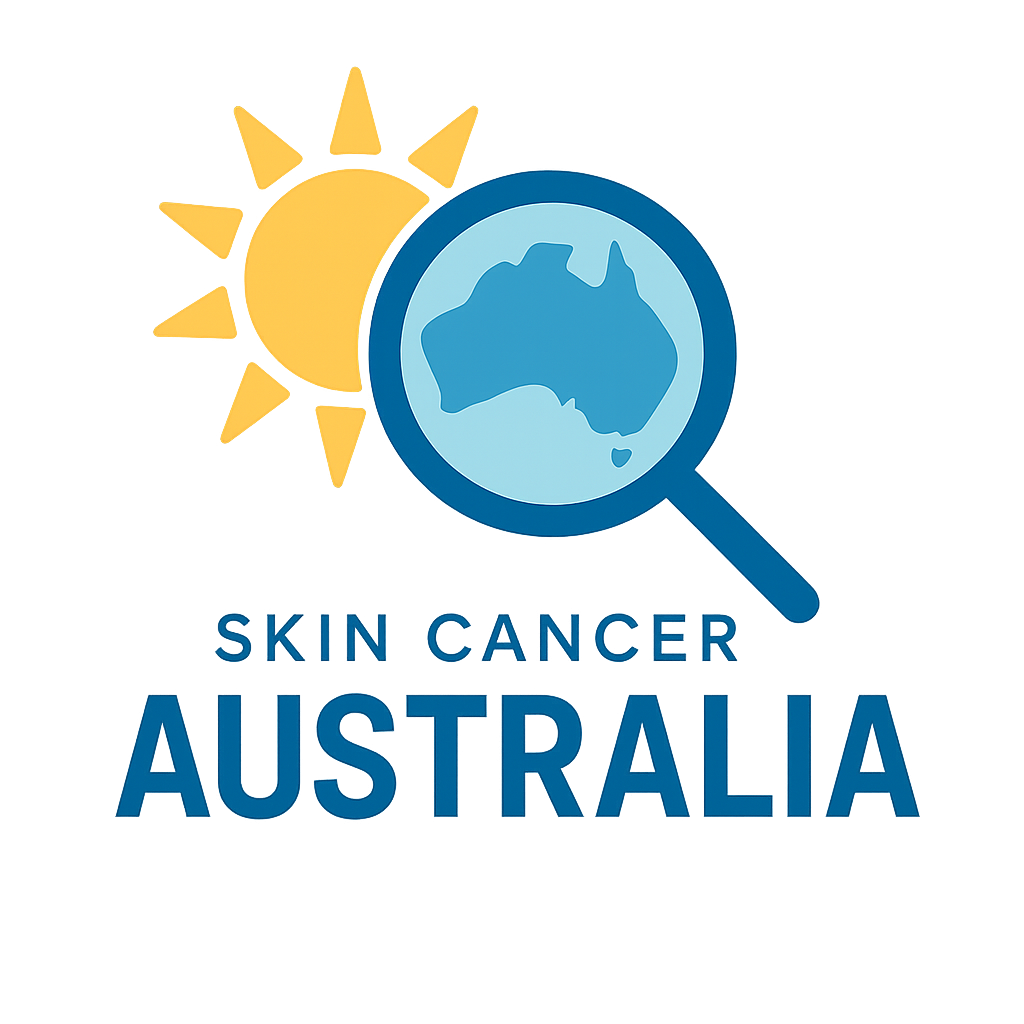Solar Keratosis: When Sun Damage Leaves Its Mark
Keywords: sun spot removal in Melbourne, mole removal in Melbourne
If you’ve noticed rough, red or scaly patches on your face, hands or scalp, they could be more than just dry skin. These patches are often solar keratoses, also known as actinic keratoses, and they’re one of the most common skin conditions diagnosed during skin checks in Melbourne.
Solar keratoses are caused by years of sun exposure, and while they’re considered pre-cancerous, they can be easily treated—especially when identified early.
What Is Solar Keratosis?
A solar keratosis is a rough, crusty patch that develops on sun-exposed skin. It’s a warning sign that your skin has sustained long-term UV damage.
Typical features include:
-
Scaly, dry texture (feels like sandpaper)
-
Red, pink or skin-coloured base
-
Flat or slightly raised
-
Occurs on the face, scalp, ears, forearms and backs of hands
-
May sting, itch, or become tender
They’re especially common in people over 40, but can appear earlier in people who’ve spent a lot of time in the sun without protection.
Are They Dangerous?
While solar keratoses are not cancer, they can sometimes develop into squamous cell carcinoma (SCC)—a type of skin cancer that can grow and spread if left untreated.
That’s why clinics offering sun spot removal in Melbourne always prioritise early detection and treatment. The good news? Solar keratoses are very treatable—and the earlier they’re caught, the better.
Who’s at Risk?
You’re more likely to develop solar keratoses if you:
-
Have fair skin, light eyes and blonde or red hair
-
Work outdoors or enjoy sun-based activities
-
Have a history of frequent sunburns
-
Are aged 40+
-
Live in sunny areas like Victoria, especially coastal suburbs
Diagnosis: When to See a Doctor
Any new, rough, or scaly patch that doesn’t go away within a month should be checked during a skin cancer screening in Melbourne.
Doctors often diagnose solar keratosis with a visual inspection. A dermatoscope may be used for closer assessment. In some cases, a biopsy might be needed to rule out early skin cancer.
Treatment Options
At most skin cancer clinics in Melbourne, sun spots like solar keratoses are treated using one of the following methods:
1. Cryotherapy (Freezing)
-
Quick and effective
-
Liquid nitrogen is applied to freeze the lesion
-
The spot may blister, scab and fall off
2. Topical Creams
-
5-fluorouracil or imiquimod
-
Used for multiple lesions or larger areas
-
Stimulate the immune system to destroy damaged cells
3. Photodynamic Therapy (PDT)
-
A special light is used after applying a light-sensitive cream
-
Suitable for treating many spots at once
4. Curettage and Electrocautery
-
Scraping off the lesion followed by cauterising
-
Used when deeper damage is suspected
Prevention Matters
Solar keratosis is a sign of skin damage—but it’s also a wake-up call to protect your skin. Here’s how:
-
Wear sunscreen daily (SPF 50+)
-
Cover up with hats, sunglasses, and long sleeves
-
Avoid midday sun (10am–3pm)
-
Book regular skin checks
If you’ve had one solar keratosis, chances are more will follow. Ongoing surveillance is key.
Cosmetic Removal of Sun Spots
Even if your sun spots aren’t dangerous, many people opt for sun spot removal in Melbourne for cosmetic reasons. Whether it’s cryotherapy or laser treatment, experienced skin clinics can safely remove rough or pigmented spots and restore smoother skin.
For patients who are unsure if a spot is a solar keratosis or a mole, clinics offering mole removal in Melbourne often provide thorough assessments and photographic monitoring.
Final Thoughts
Solar keratosis is a visible sign of sun damage—but it’s also an opportunity. Early detection and treatment can prevent skin cancer and improve your skin’s appearance. If you’re concerned about a rough patch or pigmented spot, it’s time to book a professional skin check.
Melbourne clinics offering mole and sun spot removal are well-equipped to help you protect your skin and regain peace of mind.
